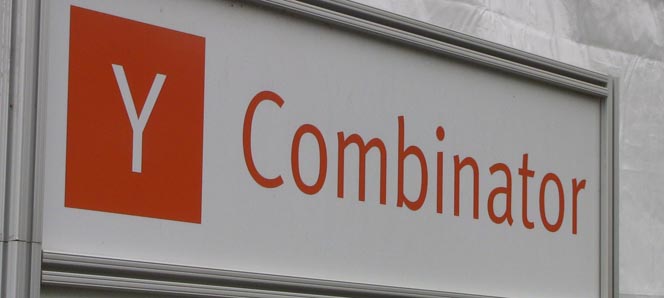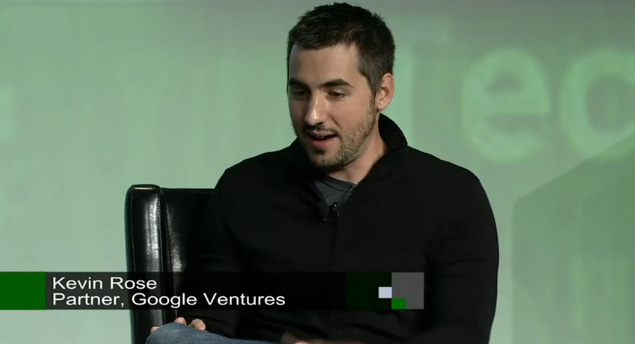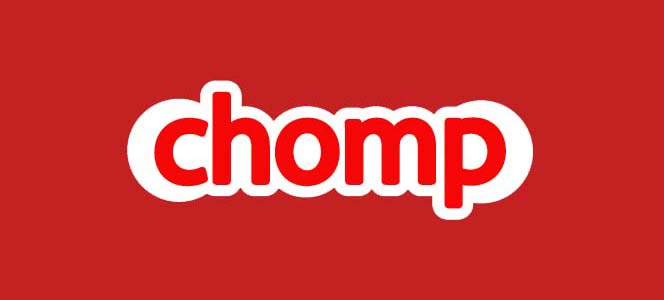Y Combinator is a facilitator of getting start up businesses through their first phase which is essentially getting them to the point where they have an impressive enough product to attract larger scale angel investors or even acquirers. How Y Combinator does this is called seed funding and it’s the earliest stage of venture capital. It covers the initial costs of getting off the ground.
The Money
Small investment amounts are the name of the game for Y Combinator. They rarely exceed $20,000 and are usually exchanged for a 2-10% interest in the funded business. How much venture capital a business needs really depends on the business. Some need no more than seed funding while others will go a few rounds.
The folks who work at Y Combinator are the same people who provide the seed funding and support to the fresh budding companies. They view their financial aid as the smaller part of the equation since they believe that it is their experience which provides the greater value. Although they fund all types of start-ups, they are primarily interested in web/mobile applications.
The Advice
Once you are on board and working with Y Combinator, they help you over come that tough start up learning curve such as:
- What to call the company – This may sound simple but it can really be a hard question to answer.
- Train founders to deal with investors and acquirers – Y Combinator will aid founders through each step starting with introductions to investors then how to pitch their start-up and finally how to close a deal once interest has been generated.
- YC protection – Founders get treated well if they’re fresh out of Y Combinator because if investors start giving them a hard time, YC is liable to start steering deals away from them.
- Business structure – YC will assist with showing founders how to incorporate their business properly, set them up with a payment deferring lawyer, tell them what to patent and when, help locate and hire staff and mediate founder disputes.
The Methodolgy
Y Combinator has a unique approach to funding start-ups. They prefer to run 2 batches of businesses through the system each year in 3 month periods during which founders are required to move to Silicon Valley for the duration of the program. The first batch runs from January to March and the second batch June to August. The reason for grouping the start-ups together like this is due to the fact that they end up helping each other as much as YC does. Additionally, since YC funds so many start-ups, the alumni base is of a healthy size and creates a great support network for new entrepreneurs.
No business plan is required to get into Y Combinator. You literally just apply and they will take on the most promising business ideas. Another great approach employed by YC is that they hold a dinner each week where experts are invited to speak such as other start-up founders, executives, journalists, venture capitalists, investment bankers, accountants and lawyers. After 10 weeks of extremely productive work, most of the start-ups will be able to present their business ideas in front of a group of investors.









